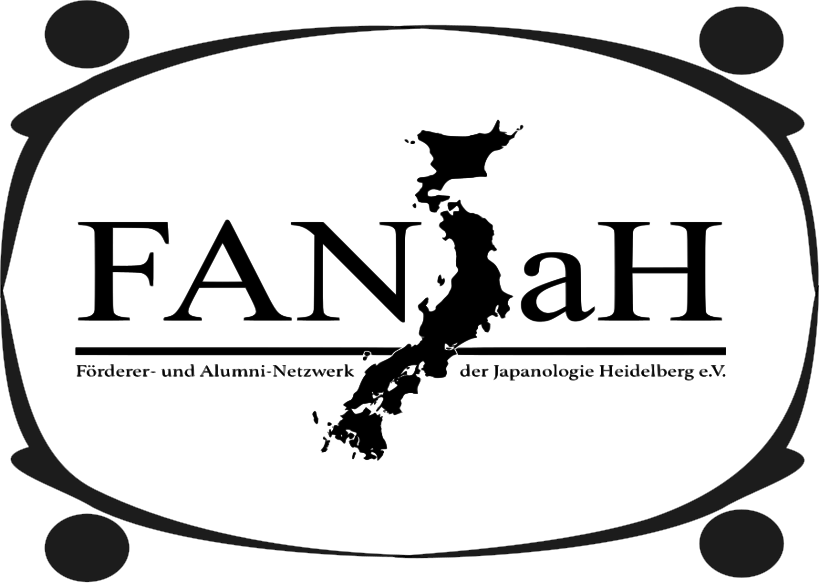The Poet's Persona — Amicability and Mundane Sensibility in the kanshi Poetry and Poetics of Ōkubo Shibutsu
Autor/innen
The late 18th and early 19th century saw a renewal of kanshi in the poetic circles of Edo drawing from the works of late Ming and early Qing poets such as Yuan Hongdao, Yuan Mei and others. A professed preference for unaffected verse and everyday topics set the tone for a change in sensibility towards the mundane and entertaining, juxtaposed with the learned and affected tendency of poetry 'in high tone' after the Tang fashion. Ichikawa Kansai's poets' society Kōko shisha and Yamamoto Hokuzan's academy Keigijuku were at the centre of these developments. Among the poets of this new school was the highly successful Ōkubo Shibutsu, who after the publication of his first anthology of poems in 1810 became known throughout Japan. Shibutsu's ambition is readily apparent in his artist's name chosen after one of the epithets of the great Du Fu. At the same time, his persona as an approachable gentleman as well as a serene poet harks back to earlier models of itinerant poets in the Jianghu tradition of China's late Song dynasty. Drawing on Shibutsu's anthologies of travel poetry and writings on poetics the article explores the social embeddedness of Shibutsu's kanshi and the self-fashioning of a professional poet.





